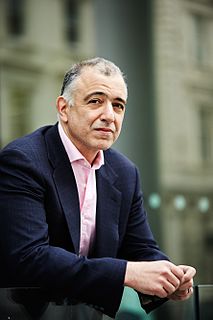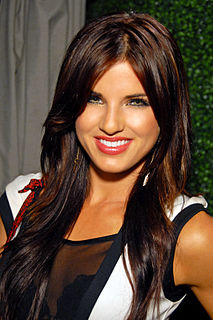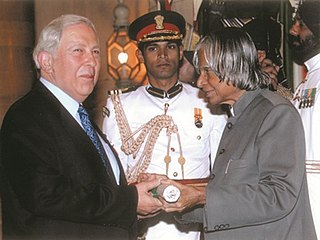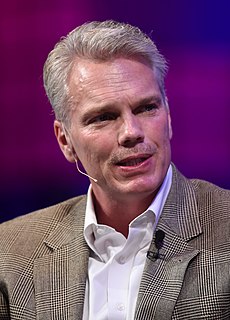A Quote by Chris Toumazou
I learned the hard way how desperately primitive is the technology we have for monitoring the health of someone with a chronic illness.
Related Quotes
One strand of psychotherapy is certainly to help relieve suffering, which is a genuine medical concern. If someone is bleeding, you want to stop the bleeding. Another medical aspect is the treatment of chronic complaints that are disabling in some way. And many of our troubles are chronic. Life is chronic. So there is a reasonable, sensible, medical side to psychotherapy.
I'd say the best way to train someone is to remember that you have two ears and one mouth, and use them in that ratio. That's hard to do, and ultimately what we've learned is how many false positives you get from listening to what someone says they're going to do instead of observing what they actually do.
How to become a really modern society when today we are so - as a human being, we feel so powerful. We have high technology and a superb way of controlling our life. And at the same time, in many ways we are so primitive. We are not on - even just a step away from the most brutal and primitive crudity. To be very crude on those issues, which is always challenges and we always have to look at the situation like a mirror, to draw some understanding.




































